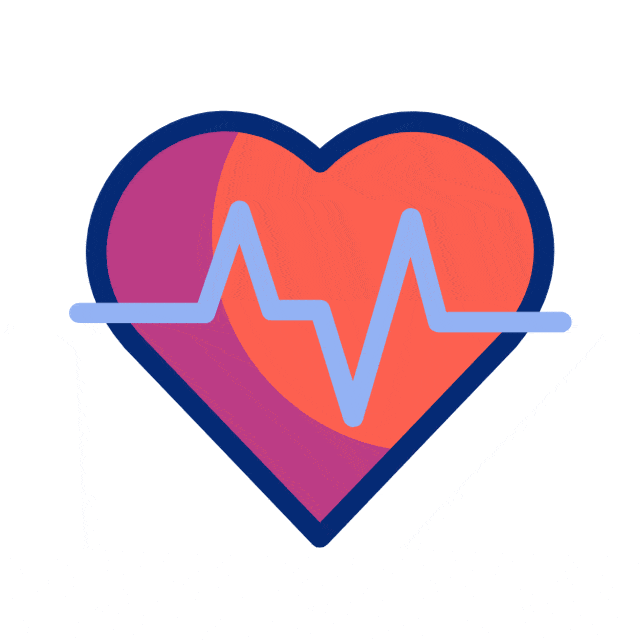Category : Healthcare
The fight against infections caused by microorganisms especially bacteria has seen many ups and downs ever since the introduction of penicillin in the 1940s. Micro-organisms have survived thousands of years by their ability to adapt to antimicrobial agents via spontaneous mutations or transfer of genes responsible for antimicrobial resistance. Antimicrobial Resistance (AMR) occurs naturally over time, usually through genetic changes, making infections difficult to treat. Spread of AMR occurs as antibiotic resistant bacteria are able to transfer genes responsible for resistance to their next generation and also to distantly related bacteria which in turn can pass on the resistance to other bacteria. Emergence of Multidrug resistant (MDR) bacteria threaten our ability to treat common infections.
In the recent years there is an alarming rise and rapid spread of multi- and pan-resistant bacteria (bacteria resistant to all known antibiotics, also known as “superbugs”) that cause infections that are not treatable with existing antibiotics. MDR bacteria were commonly associated with infections acquired in hospital settings, however, in the recent years it is observed that some of them were associated with community-acquired infections. The spread of MDR bacteria into the community is a crucial development which leads to a large increase in the population-at-risk of developing infections. This is in turn is associated with increased morbidity, mortality, healthcare costs and high-end antibiotic use.
AMR in bacteria can be prevented by limiting exposure of bacteria to antibiotics. The most important factor responsible for the spread of MDR bacteria into the community is exposure to antibiotics which many a time is due to misuse and overuse of antimicrobials due to self-medication and poor control of over-the-counter sales. Human body consists of commensal bacteria which are beneficial to us and when antibiotics are used without indication, it results in selection of resistant bacteria which may spread from person to person or between humans and animals and may act as a source of infection to others. Healthy individuals colonized with MDR bacteria are called carriers and such individuals may harbour these MRD bacteria on their hand and may transfer them to other individuals, thus Emphasising the importance of frequent hand wash. In addition to limiting the irrational use of antibiotics for therapeutics, we need to remove antibiotics from the food chain.
Another challenging step to limit the exposure of bacteria to antibiotics is the treatment of waste water generated by pharmaceutical factories and medical facilities as this results in development of resistance in soil-dwelling bacteria will then be passed on to other bacteria.
The speed at which resistance rates are increasing is worrying and without effective newer antimicrobials in the pipeline, the success of modern medicine in treating infections is at stake and may soon Beseeing the end of ‘antibiotic era’.
Thus, a successful prevention strategy should consist of a multi-pronged approach involving all stakeholders. As responsible citizens it is our fundamental duty to prevent the emergence and spread of antibiotic resistance by stringent adherence to the following measures:
- Strict adherence to frequent hand washing.
- Strict compliance in completing the prescribed course of antibiotics.
- Strict ‘NO’ to over-the-counter abuse of antibiotics.





